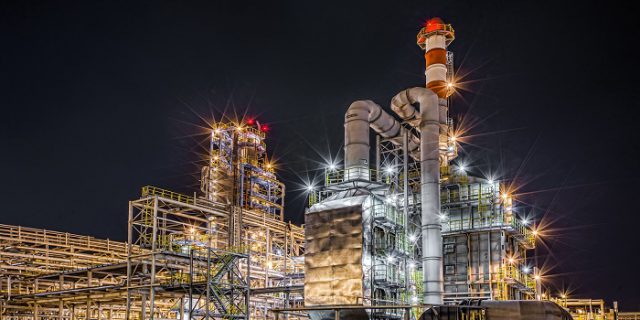In recent days, I have commented on the fluctuating price of oil and some of the drivers behind the changes in global supply and demand. The low natural gas prices enjoyed by the US are primarily due to the enormous shale discoveries, which until demand increases will keep prices low. While consumers can benefit from low natural gas prices, I thought I would take a look at how these lower fuel costs are impacting the generation sector and, more importantly, the cost of power.
The EIA has indicated that in 2016, electric generating facilities expect to add more than 26 gigawatts (GW) of utility-scale generating capacity to the power grid. Most of these additions come from three resources: solar (9.5 GW), natural gas (8.0 GW), and wind (6.8 GW), which together make up 93% of total additions. If this plan comes to fruition, it will be the first year in which utility-scale solar exceeds any other single energy source.
So, you would think that with all this renewable energy and low natural gas prices that electricity costs would also be heading south. Well, you would be wrong.
While we can see that the PJM market, as a single example, is tracking gas prices across the nation, industrial and commercial retail prices are less so. The steady increase in power cost is unlikely to be dropping anytime soon, either with many additional inputs (renewable levies, generation mix/efficiency, grid costs, etc.), feeding into the delivered price. So, if this is where we are now, at a time when fuel prices are at there lowest, how do you think this will change when they rise again?
Added to this, the ongoing mothballing of coal-fired generation plants in favor of natural gas, LNG exports, and a return of manufacturing industries will start to remove surplus supply, and for sure low natural gas prices will become a thing of the past. Higher energy prices are coming, so be prepared.
Taking a strategic approach to energy procurement and efficiency will help you avoid this continual cycle of increments. It is possible to capture the benefit of low natural gas prices and fuel costs, increase operational efficiency, and obtain price security by following a holistic approach to energy management.
To learn more about Vervantis, who we work with and our strategies you can contact us here or call us now: 1-888-988-5474













